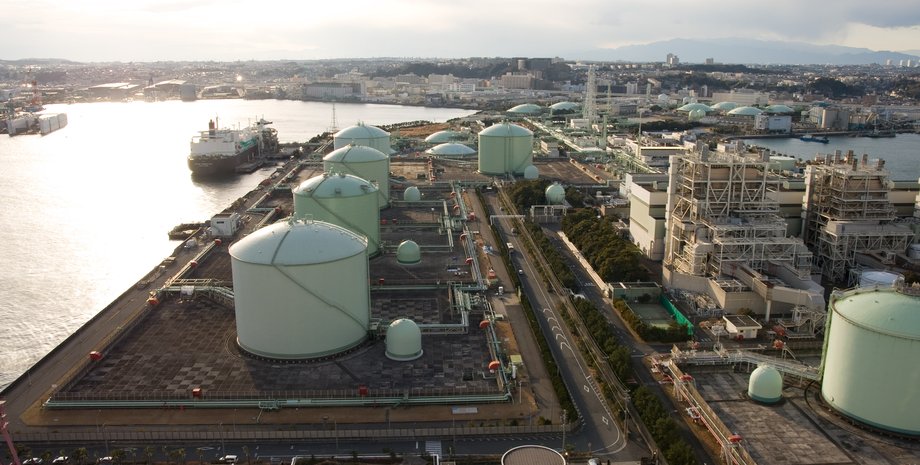
The European Union, within the framework of a new, 19th Package of Sanctions, intends to prohibit import of Russian liquefied natural gas (LNG) into its territory-it is planned that this ban will come into force on January 1, 2027. This was reported by the President of the European Commission Ursula von Der Lyen and a high EU representative on Kai Callas Foreign and Security Policy.
The ban on the import of Russian LNG is part of the EU efforts to reduce the dependence on Russian energy and limit financial resources that support Moscow's aggressive policies. Earlier, the European Union postponed the announcement of a new package of sanctions - this was due to the requirements of the United States, which insisted on harder activities by Europe as a condition for imposing its own sanctions. A separate block of sanctions concerns maritime transportation.
The Black List included 118 more ships used to circumvent restrictions. In total, more than 560 ships are now under sanctions. The EU also added 45 companies from Russia, China, India and Turkey, which, according to Brussels, help Moscow to bypass sanctions or supply dual -use goods. Everyone knows the term "natural gas". However, there are many varieties of it, including natural gas (LNG, LNG).
It is a separate form of energy that is cooled to a liquid state and transported by tankers across the oceans. Unlike traditional pipeline or shale, LNG can be transported by sea, and European ports take it through special LNG terminals. The leading expert of the National Institute for Strategic Studies Ivan says that in 2024 the European Union purchased goods for $ 38 billion in Russia. The largest part is energy: "These are huge amounts that provide the Kremlin with a stable profit.
And although they often talk about Hungary or Slovakia's dependence on Russian resources, they do not have ports for receiving LNG. The main buyers are France, Spain, the Netherlands, Belgium and Italy," For Moscow, LNG is one of the few "veins" that feed the economy after numerous sanctions. The gas transported by pipes becomes vulnerable through shelling and sabotage, while the tankers make it possible to earn currency steadily.
According to the expert, in Russia itself recognize: sanctions are painful. According to closed documents, Moscow has repeatedly asked the US and Europe to remove at least some of the restrictions. This refutes the statements about the "sustainability" of the Russian economy. According to international trade bases, in 2024 Russia put LNG: for comparison: in 2022, the volumes were much higher - $ 31. 8 billion in exports of LNG around the world. In 2024, this figure decreased to 17.
8 billion, but the EU market remains important for Moscow. "The European Union has imposed sanctions on oil, but is not ready to prohibit LNG immediately. The reason is the interdependence of the world economy: to exclude Russia from the energy market without serious consequences for itself Europe cannot. Therefore, the ban on the import of LNG is postponed until 2027. Official figures raise questions.










All rights reserved IN-Ukraine.info - 2022